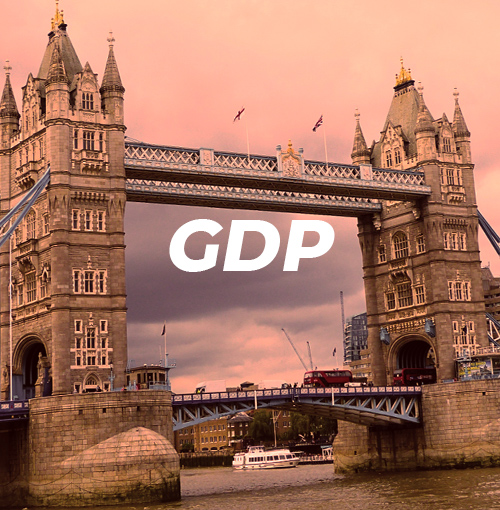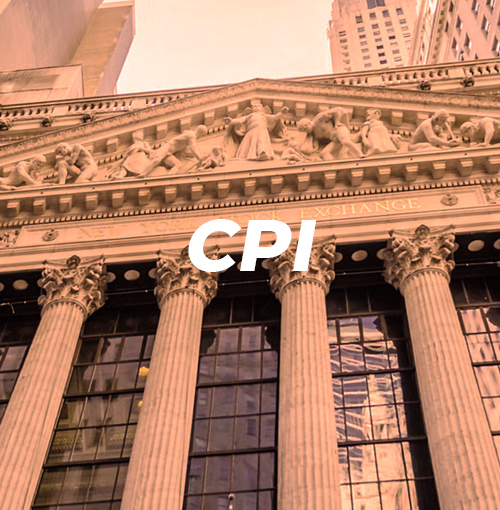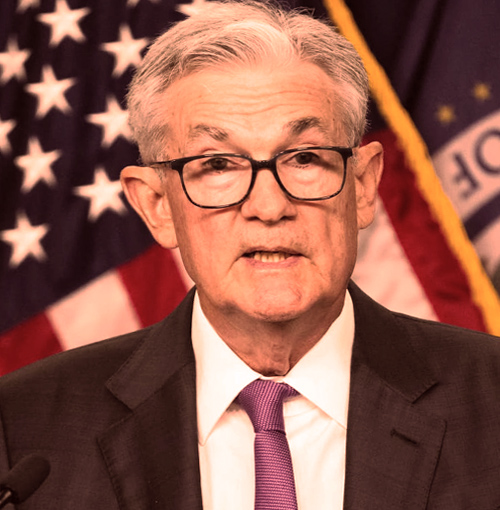
The Implications of the Fed's Imminent and Possible Last Rate Hike in July
In the ongoing saga of economic balancing, all eyes turn to the Federal Reserve as they gear up for what may be the final chapter in a series of rate hikes that began in March 2022. The Fed's benchmark interest rate, a vital instrument in the orchestra of monetary policy, is expected to be increased later in July, marking the 11th rate hike since the bank embarked on its inflation-fighting campaign.
Spectators from Wall Street to Main Street eagerly await the outcome of the Fed's policy committee meeting slated for July 25 and 26. The predicted quarter-point rise, nudging the fed funds rate to a range between 5.25% and 5.5%, would set a new high since 2006.
These rate hikes have served as an effective antidote against rising inflation, guiding it towards a steady descent since last year's unsettling 9.1% peak in June 2022. The Consumer Price Index, a key barometer of inflation, has registered a noticeable slowdown, dipping to a 3% annual rate in June from 4% in May. This puts the rate closer to the Fed's 2% target, a level synonymous with a flourishing and sustainable economy.
Tip: As an investor, it's important to follow the Fed's actions and adjust your portfolio accordingly.
The ebb and flow of interest rates have far-reaching effects, ranging from business operations to everyday life. The central bank's higher rates elevate the borrowing costs for various types of loans, acting as a brake on the economy to temper inflation. Consequently, a halt in rate hikes could herald a phase of lower mortgage rates and other consumer loan interests.
However, the future path of the anti-inflation campaign beyond July remains clouded in uncertainty. Fresh data, pointing to cooling consumer prices and slower-than-anticipated rise in wholesale prices, may trigger debates within the Fed about the necessity for further rate hikes post-July.
Important: The predicted quarter-point rise would elevate the fed funds rate to its highest level since 2006.
Analysts like Ryan Sweet, Chief U.S. Economist at Oxford Economics, have emphasized that the Fed has cornered itself through its consistent signaling of a likely rate hike this month. The arrival of new data may incite fresh discussions about the need for subsequent rate hikes.
Notwithstanding these debates, some Fed officials continue to advocate for higher rates to keep inflation in check. Tom Barkin, president of the Federal Reserve Bank in Richmond, warned against retracting too quickly, stating that this could reignite a robust inflation, thereby necessitating more aggressive action from the Fed.
A similar note of caution was echoed by Minneapolis Fed President Neel Kashkari. He cautioned about the risks of inflation becoming entrenched or the economy getting hit by additional supply shocks, which could demand higher policy rates.
Fact: The Federal Reserve's interest rate decisions impact everything from the cost of loans to the health of the broader economy.
Despite these diverging views, a consensus seems to be emerging among experts and traders that the upcoming July rate hike could be the Fed's swan song in this round of anti-inflation measures. Tools like the CME Group's FedWatch, which provides rate hike forecasts based on fed futures trading data, substantiate this prediction.
Ian Shepherdson, Chief Economist at Pantheon Macroeconomics, argued, "The Fed does not need to hike further." He predicted that while a hike is likely later in July, it may turn out to be the last one, and potentially an error at that.
At Investora, we'll continue to bring you the latest developments and their implications for your investments and trading strategies.
Tip: A potential halt in rate hikes could be a good opportunity to consider refinancing loans or mortgages.
Frequently Asked Questions
How can I adjust my trading strategy in light of the upcoming Fed rate hike?
Given the likely cooling of inflation, traders might consider diversifying into equities that perform well in a low-rate environment, such as utilities and real estate.
What impact might the final rate hike have on my current investments?
Depends on your portfolio. If you hold bonds, higher rates could decrease their value. Conversely, a halt in rate hikes could benefit interest-sensitive stocks.
How does the predicted halt in rate hikes affect mortgage holders?
A halt in rate hikes often leads to lower interest rates on consumer loans, including mortgages, potentially leading to lower borrowing costs.
What does the cooling of inflation mean for my trading strategies?
Lower inflation often supports economic growth, creating potential opportunities in sectors like technology and consumer discretionary that tend to do well in such environments.
Remember: Higher interest rates increase borrowing costs, but also serve as a mechanism to control inflation.
- Share this article





